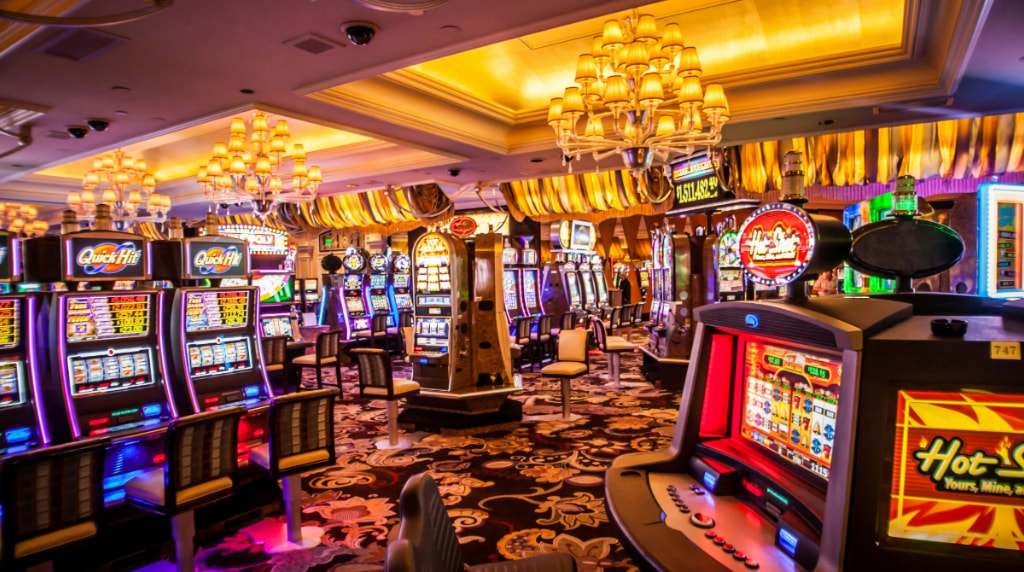Horse Racing Continues in Asia & Oceania
In eerie and empty stadiums across Australia, Japan, and Hong Kong horse races are still going ahead, broadcasters send skeleton crews to the track and the live streams are fed into betting sites across the continent for punters to make wagers. With most of the sporting calendar completely decimated by the Coronavirus pandemic, it is refreshing to see some aspects of the sport still remain for punters to enjoy.

Behind-closed-doors horse racing events are taking place across Australia, Japan and Hong Kong, and have become a vital source of revenue for betting companies, and indeed entertainment for the fans. ©annca/Pixabay
The spring racing festival taking place annually in Sydney began on April 4th, an event that is usually an exuberant display of pomp and luxury for the thousands of well-dressed spectators who were majorly scaled back and lacked all the usual fanfare. The Australian Derby Day went ahead regardless, and specific safety measures have been implemented at the track, with only essential workers on sight, even owners of the horses were kept away.
There was an eerie atmosphere at the Royal Randwick racecourse on Saturday, as the jockeys lined up at the gates to a completely silent horse racing arena. But most importantly, the cameras were rolling, and tens of thousands of punters across the world tuned in to witness the first day of the AU$20m ‘The Championships’ get off and running.
Bets were being taken online, and with the sporting calendar practically decimated given the global lockdown, bookmakers have been desperate to maintain a light schedule of racing. They have achieved this in Australia, with all states except Tasmania offering a racing card to punters.
Champion Trainer Murray Baker Gets Fifth Win
The first day of The Championships was one that those involved in the sport won’t forget for some time. World-class trainer Murray Baker once again demonstrated his ability to rear champion racehorses and watched Quick Thinker take the win in the Derby, his fifth victory as a trainer in that race.
The New Zealander, who resides on the other side of the Tasman Sea in Cambridge, reflected on his victory to the Sun Herald newspaper.
When you’re in lockdown, any win is good. We’ve got no horses here, there are no cars driving past, so it’s quite eerie.Murray Baker, Interview, Sun Herald Newspaper
Of course, Murray Baker would usually be sitting trackside, flanked by his team and the owners of the horses he works with. But in these unprecedented times, disruption has reached all levels of this sport. Whilst most of the world are being told to remain indoors except for essential trips for food and exercise, horse racing is being permitted to continue in several countries around the world.
The event taking place this weekend at Royal Randwick was the largest on a card of five scheduled meets taking place across the country. These behind closed doors meetings situated in territories across the Australian peninsula, from New South Wales to the far west, horse racing events unfolding in ghost stadiums are becoming commonplace.
Japan Horse Racing
Japan has also implemented a similar schedule of behind closed doors events, with punters able to bet and watch them through live-streaming services. The rating status of the horses involved in these behind-closed-doors events is Listed to Group One and interest from owners from around the world to place their horses in these events is growing.
As the world horse racing calendar becomes ever more thinned out, horse owners across the world are looking to Japan as a means to give their horses a race to participate and earn some prize money. One is the British owner Charlie Appleby, who has entered eight of his horses into Japanese races, after a strong showing in several events taking place throughout Dubai.
The events taking place in Japan are open meets, not invitationals, with the crucial difference being no allowances for the transport of horses for international entrants. This presents a substantial financial risk to overseas entrants, given the nature of the pandemic and rapidly changing government policy, it is a difficult decision to make.
As it stands, the Japan Racing Association has been permitted to run events through to April 19th, but with confirmed cases and deaths from COVID-19 still rising in Japan, this could very well be scrapped.
Alternative forms of horse racing are growing in popularity in Japan, with a virtual horse racing derby broadcasted on ESPN. Meanwhile in Britain, ITV broadcasted a virtual Grand National to raise money for the NHS.
Hong Kong Racing
The midweek evening race meets at Happy Valley Racecourse in Hong Kong and is a typically rowdy affair, with 20,000 enthusiastic horse racing fanatics lining the course of the track. But since the outbreak of Coronavirus, the atmosphere, like the rest of the behind-close-doors horse racing events taking place across the world, has become relatively somber.
There are no-crowds, only trainers, staff and official personal are allowed onto the sight. The sounds of horse-hooves pounding against the earth reverberate throughout the stadium, and the whole spectacle is being described as both eerie and surreal.
But given the importance of horse racing in Hong Kong, a country where 30% of the adult population actively follows the sport, it is a vital source of entertainment. Early indications are already proving how popular these events have been, with over 1.5m viewers on the opening event.
When the starting bell clangs and the horses burst from the gates this Wednesday, the silent stadium will be a stark contrast to the raucous excitement rippling across the fanatics watching from the isolation of their homes.



